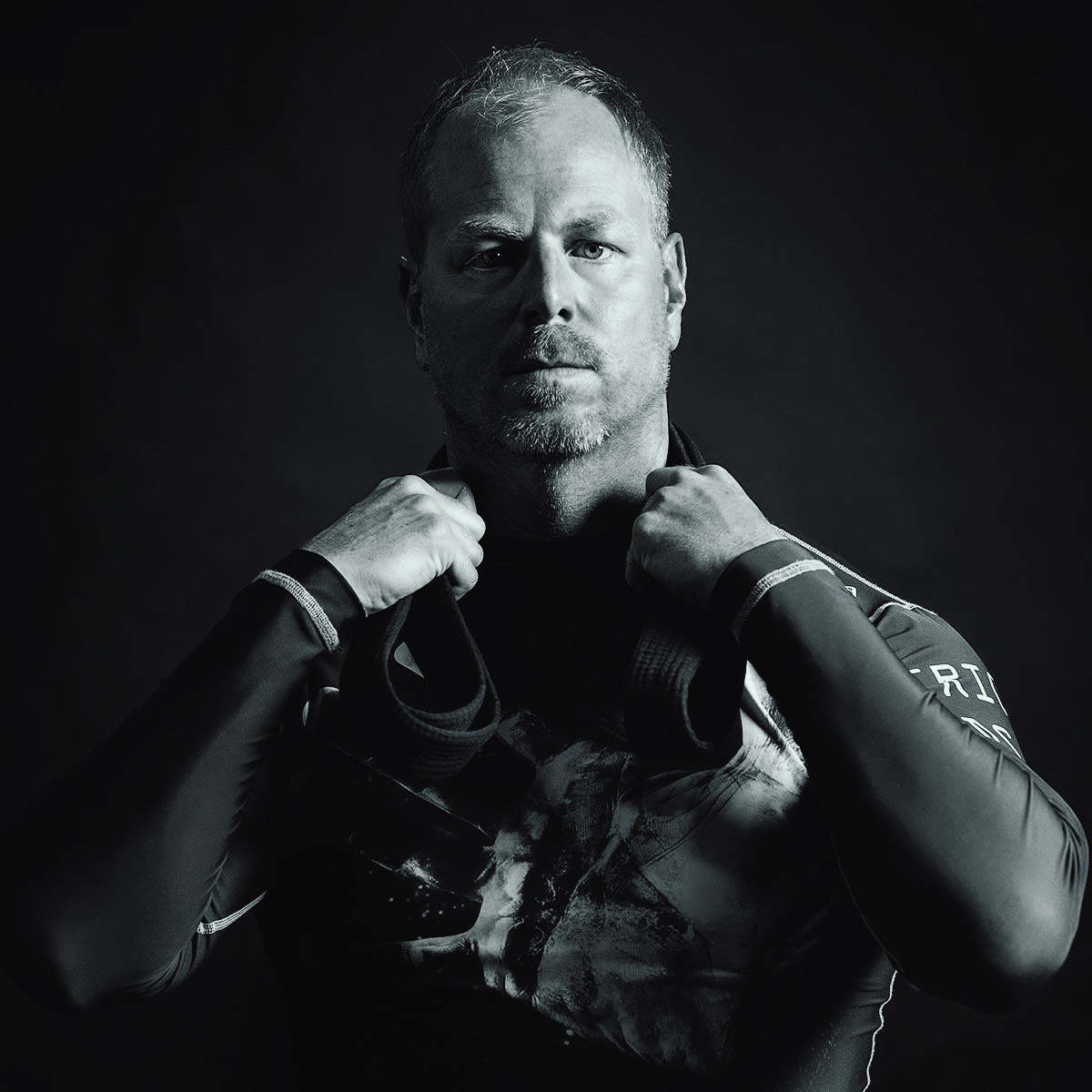Law enforcement should want a “more effective” solution when dealing with juvenile crimes, according to Dr. Lucas Trautman, a licensed psychiatrist.
Trautman wants to “scream from the rooftops,” about the success of therapeutic treatment and resources for teenagers who have committed crimes, which takes into consideration the trauma of the person.
As a child and adolescent psychiatrist, Trautman has worked with teenagers who he said are currently driving the “extreme violent crime wave in Memphis.” Those who find their way to Trautman are usually considered to be a threat to themselves, others, or “psychotic where they can’t protect themselves in the community and keep themselves safe.”
“We’ll get someone who has a mental illness, like bipolar disorder or schizophrenia and they’re homicidal, and they’re imminently going to kill some people,” said Trautman.
Data from the Memphis Shelby County Crime Commission show that while “serious juvenile crime” has decreased by 13 percent in the last year, the same data show that delinquent juvenile charges have increased almost 16 percent from 2022 (4,300) to 2023 (4,546).
Trautman said that the “knee-jerk” reactions to these crimes, and the people that commit them, are “terrifying.” However, he believes that people forget that at their core, they’re still teenagers.
“People carjacking with AK-47s are teenagers. They’re like 15, 16 years old,” Trautman said. “If you read about them in the paper, you’re terrified. But when you know them, and you give them treatment, and you give them a trauma-informed approach, and believe in them, they’re still teenagers. They do awesome.”
The Memphian’s approach is not only informed by success stories, but by his own experience. Trautman said that his middle school years were marked by misbehavior and bad decisions. However, through high school wrestling he found out how transformative consistent mentorship could be.
“Outside of medicine and outside of psychiatry, I’ve been a huge believer [in mentorship], and I’ve seen the impact that mentorship can have and consistency and believing in a teenager can have,” said Trautman. He continued this work through a gym he started five years ago in the Binghampton community, Stardust Jiu-Jitsu.
“They respond very positively, as I did in eighth-grade, to a coach, or in this case a psychiatrist, saying ‘you did this great. Let me give you a leadership opportunity,’” Trautman said. “You had this traumatic thing happen to you, and now you have this dysfunctional behavior. Let me give you some ideas about how we can do things differently that don’t make your life blow up at every turn.”
Trautman explained that this approach is marked by dignity and respect, which takes a two-pronged approach, involving him not only hearing these individuals out, and in turn imparting knowledge about trauma and functional behavior.
“It’s really fulfilling because I’m taking the most violent kids in the city, who have really, significant high-risk behaviors that are comparable to behaviors we see in teens in cities like Mexico City or Mogadishu,” said Trautman. “These are like good kids. They’re teenagers that are very receptive to all the things that we’re receptive to. They’re one wrestling coach, one theater program, one cheer squad, one football team away from making much more functional decisions.”
